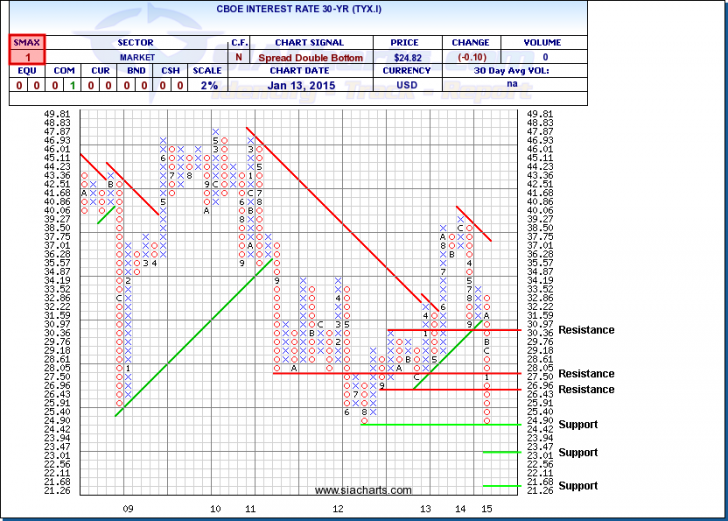by Darren Williams and Dennis Shen, AllianceBernstein
Greece is holding early parliamentary elections on January 25. A victory for the anti-austerity Syriza party would probably trigger tense negotiations with the country’s official lenders and fresh volatility in Greek government bond markets. But the expected launch of ECB QE should mitigate contagion to the rest of the periphery.
With the Greek parliament unable to elect a president in December, early parliamentary elections will take place on January 25. The most likely outcome is a victory for the anti-austerity party, the Coalition of the Radical Left (Syriza), which has maintained a lead in opinion polls. If Syriza wins, it will most likely need to form a coalition government.
What would a potential Syriza administration mean? The party’s political opponents have portrayed a Syriza win to mean bankruptcy for Greece and its exit from the euro area. The fear factor has been bolstered by warnings from German politicians. With 74% of Greeks in favor of staying in the euro, these warnings have been in part a campaign tactic and in part a warning to Syriza that it won’t be able to implement its policy agenda without major ramifications.
From its own standpoint, Syriza has emphasized that it’s committed to keeping Greece in the euro area. Leader Alexis Tsipras responded recently that his party is not a “threat to Europe” but instead a force for a change in its policy direction. To him, the debate in Greece is not just about Greece nor is it about the nation’s euro membership, but rather concerns a battle for the main economic policy direction on the continent, pitting tight fiscal discipline and market liberalization against a more Keynesian path. While the austerity versus growth debate has already shifted in Europe, Syriza’s intentions to push it much further and demand changes to the country’s bailout—including the cancellation of austerity measures and a haircut on Greece’s loans—are unlikely to get much sympathy from the euro area’s creditor nations.
Deadlines Loom
A confrontation between Syriza and Greece’s official creditors seems inevitable if the party gains power. A game of political brinkmanship would follow, with a further extension of the end-February deadline for the final bailout review probably on the cards. The true cut-off date for when Greece must have a deal to unlock a €7 billion tranche of bailout funds (and avoid default on bonds held by the European Central Bank (ECB) and loans from the International Monetary Fund (IMF)) is probably end-June, assuming that it finances smaller repayments before then through Treasury bills. Around the end of June, negotiations for a precautionary credit line from the European Union (EU) and IMF (to follow the bailout) must also be completed if Greece is to not be left without a financial assistance program—without which local banks’ access to ECB liquidity would be in jeopardy.
In this scenario, our base case assumes that Syriza and the EU come to some form of last-minute compromise whereby the official lenders extend funds to prevent a Greek default. In the end, we don’t think a Syriza government (particularly one in coalition with a more moderate party) would risk a disorderly default and euro exit. Equally, we don’t expect Greece’s official lenders to sit back and wait while Greece defaults on the debt they’re owed. However, there’s obviously considerable uncertainty on how this scenario might play out.
Bond Market Implications
The Greek 10-year yield is trading at 8.8% (as of January 15), up from lows of 5.6% last September. If Syriza wins on the 25th, more volatility in Greek government bonds is to be expected. With markets now focusing on the risk of a Greek exit, speculative selling and some further contagion from Greece to the rest of the periphery is probable. But we expect this to be mitigated by the anticipated launch of an ECB quantitative easing program.
Much more significant spillover would certainly materialize in the event of worst-case scenarios involving Greek default and/or the country’s exit from the euro area, but we presently think these scenarios are unlikely.
Darren Williams is Senior European Economist and Dennis Shen is Economic Associate, both at AllianceBernstein (NYSE:AB).
The views expressed herein do not constitute research, investment advice or trade recommendations and do not necessarily represent the views of all AllianceBernstein portfolio-management teams. AllianceBernstein Limited is authorised and regulated by the Financial Conduct Authority in the United Kingdom.















